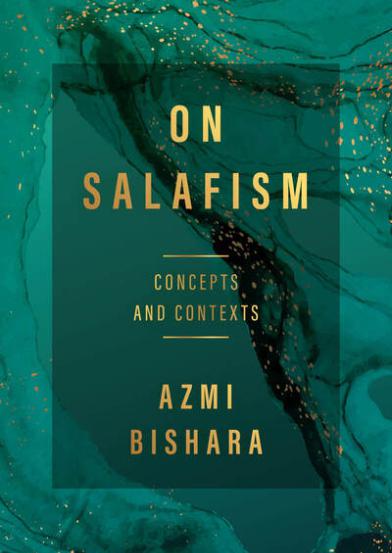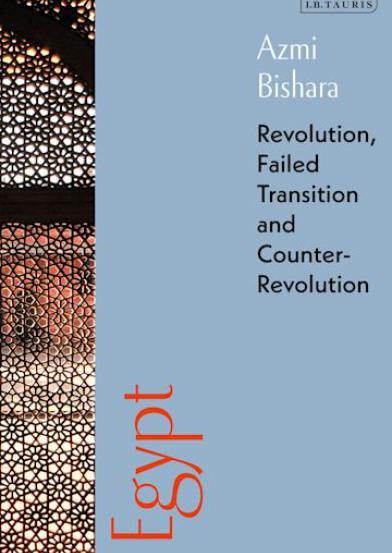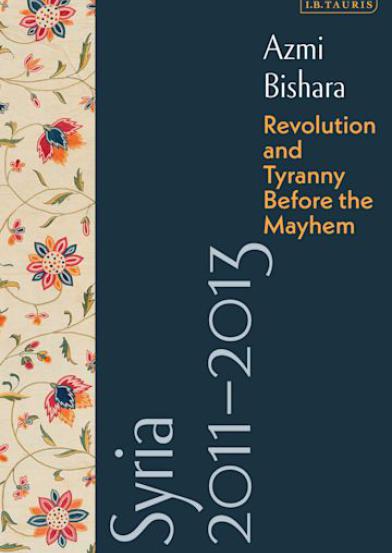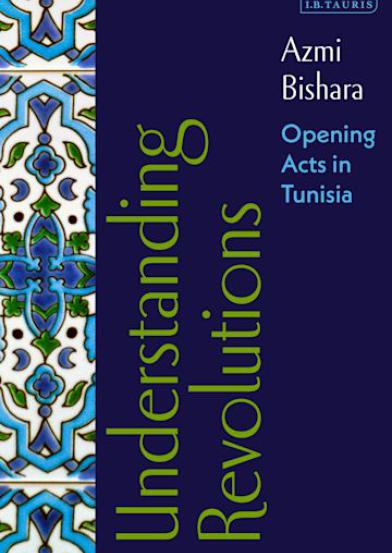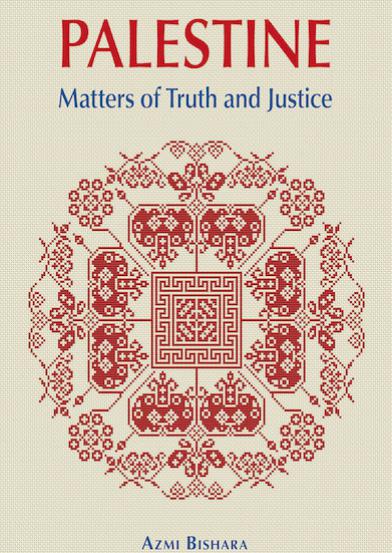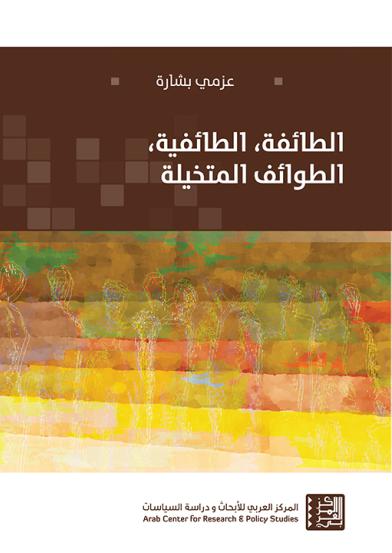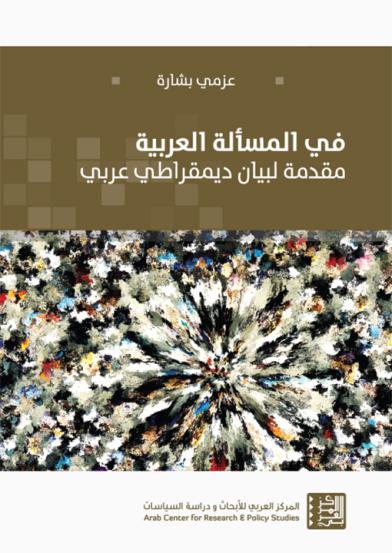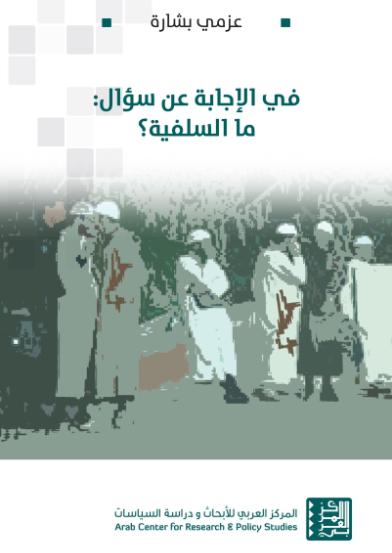Articles
The Tunisian and Egyptian revolutions heralded a new Arab era in which it is possible to couple freedom and social rights, sovereignty and citizenship. Arab regimes will not deride their populations anymore; and they will be facing a choice between comprehensive reforms and the complete overthrow of the regime.
The real problem here lies in the belief that responding to what is free speech to others, and provocation or even incitement for some individuals, is murder. Let us assume that what the French magazine published was itself in breach of free speech and was in fact an affront to religious beliefs.
This is an excerpt from the inaugural lecture of Dr. Azmi Bishara for the academic year 2017-2018 at Doha Institute for Graduate Studies.
It is not Arabs alone who are caught in the crises of Syria and Iraq, whose Arab identity and unity are at risk. Iran is also facing a real crisis there. Iran is so drained in these two countries that it has had to take action to address the state of restlessness among Iraqi Shia Arabs. One can only imagine what Iran's position in Iraq will be like a decade from now.
It is a known fact that many essentially political and social conflicts, and rivalries over power, have been deliberately framed in a sectarian manner to mobilise people on the basis of sectarian identity, and thus re-shape said identities and manufacture them where they do not exist.
Most Arabs, like people everywhere, just want a better life and to live in safety. Terrorism, as dangerous as it is, is a transient phenomenon that does not constitute a social-political alternative to existing regimes.
Dr. Azmi Bishara
Sectarianism is not a religious issue, but a socio-political phenomenon.
The Turks, a people who have long suffered from military rule, have only bitter memories of coups. In their political culture, the Turkish people consider military coups, regardless of the lure of their discourses and slogans, an assault on their will and right to choose their rulers.
Pagination
Books
Bishara is particularly known for his research on civil society, nationalism theory, what he refers to as "the Arab question", religion and secularism
